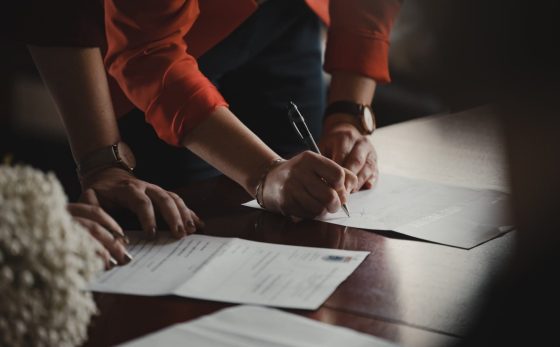In Portugal, the education system is well-rated and is very receptive to students from other countries. To accompany international students, the teachers are trained to integrate them into the classes. If the student does not speak the Portuguese language, complementary classes of Portuguese are available, from pre-school up to the age of nine.

The Ministry of Education is the regulator of non-higher education in Portugal, while the Ministry of Science, Technology and Higher Education regulates higher education. Portugal has compulsory schooling from the age of 6 up to the age of 18 or until the students finish secondary school.
The school year begins in September and ends in June/July, depending on the school itself or the level of education. The school holidays are distributed by Christmas with two and a half weeks free, by Carnival with three days, by the Easter holidays with two weeks, and finally, by the summer that begins in mid-June.
The child’s guardians do not choose the pre-school and elementary education location, this selection is restricted to students who live in the school vicinity. To find out which school is for your child according to your address, contact the Direção Regional de Educação.
The compulsory school life is divided into 3 cycles, making 12 years in total. Subsequently, higher education will be added, consisting of three phases: bachelor’s degree, master’s degree, and PH degree.
Pre-School Education
Children aged 3 can start their academic careers in pre-school education, which is not a compulsory stage. Private, public, charitable, and cooperative institutions support this first level. In this phase, it is intended to promote personal and social development, insertion in social groups, expression, and communication, critical thinking, among other objectives in children. These objectives are achieved and continued until the child enters elementary school.
Elementary School
Free compulsory education for all children begins. Throughout this elementary school cycle, so that the student can continue his education, his skills are assessed and certified, and if they’re not up to par, the student will be retained in that same year. The student starts this cycle at the age of 6 and finishes at the age of 15, which consists of three cycles.
- The 1st cycle lasts four years, during which a single teacher teaches a few subjects, such as Portuguese, maths, environmental studies, artistic and physical-motor expressions. Other specialist teachers may assist in other specific areas. Primary, general, and common education are applied so that the student gains fundamental knowledge for the next stage.
- The 2nd cycle lasts only two academic years, the 5th and 6th As a transition to the next cycle is taught complementary subjects to the 1st cycle. From 25 hours per week, students go to school 5 hours more than in the previous cycle. Assessments are punctually certified by testing and assessed on a scale of 1 to 5. In addition to conventional education, if the student shows some aptitude, they can enter schools of artistic education in the areas of dance and music.
- The 3rd cycle lasts for three years, where subjects with a stronger vocational aspect are incorporated. This way, the aim will be to give the student the responsibility of choosing an area for high school education. A single teacher specialized in a particular area teaches each subject. The evaluation scale is also from 1 to 5 values, and final tests are made to prove that the student can pass high school.
High school
- High school education has a duration of three years and precedes higher education. All subjects taught are according to the course selected by the student. There are various aspects and modes of teaching within secondary education available, such as scientific-humanistic courses, specialized artistic courses, and professional courses, among others. Evaluations are now on a scale of 0 to 20, and for the completion of the 12th grade, students must pass all subjects with a minimum of 10 points. At the end of these three years, national examinations are taken to give the student a chance to complete compulsory education and progress to higher education. This will be the last cycle within the mandatory education, as well as the last free education year.
Higher Education
- Higher education in 2006 entered the Bologna Process, changing all the principles it had previously followed. This model is divided into three parts: bachelor, master, and Ph.D. A bachelor consists of three years, a master’s degree of one and a half to two and a Ph.D. of three to four years. The institutions may be universities or polytechnics, with differences in the purpose of each institution. Universities will have to ensure a more scientific aspect, while polytechnics a more practical one directed to the labour market.







